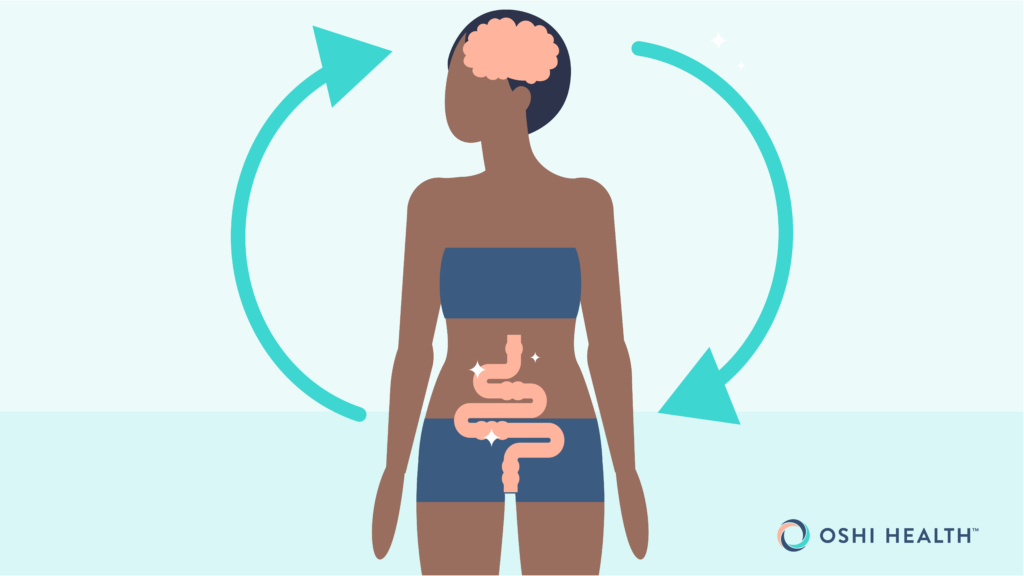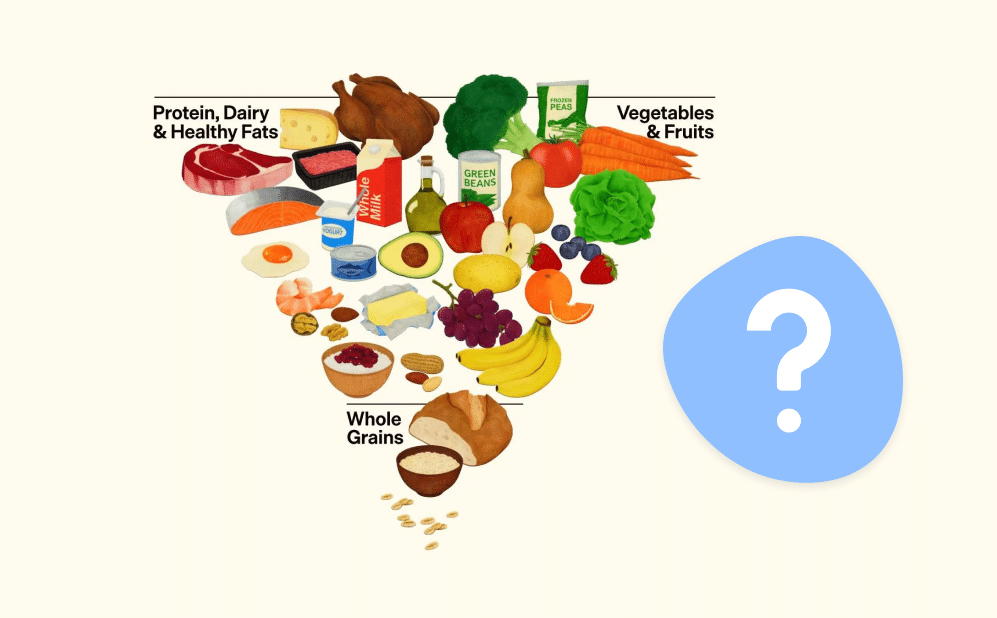Many people look forward to dining out at a restaurant – enjoying the company of others and eating expertly prepared food with no kitchen clean-up required. But if you have irritable bowel syndrome (IBS), you may not feel quite as positive about the experience. In fact, for many people with IBS, the idea of going out to a restaurant can feel anxiety-provoking. Some people with IBS try to avoid eating out altogether.
If you have IBS, here are a few tips from our experts to help you learn to manage – and hopefully even enjoy – eating at restaurants.
1. Research menus ahead of time
One of the best things that you can do to ensure that you have a comfortable meal at a restaurant is to get information ahead of time. Most restaurants post their menus online so you can find out if there will be appropriate food choices for you. Many restaurants will accommodate food sensitivities, such as offering gluten-free or dairy-free options, or modifying a dish to meet your needs.
If you are not sure about the restaurant’s flexibility, give them a call. Find out ahead of time if they will be able to prepare food in a way that won’t set off your symptoms.
2. Locate the bathroom as soon as you arrive
Pick a restaurant you’ve already been to or, if you’re trying a new place, arrive early so you can find the bathroom. That way, you’ll have more peace of mind if you need to get up to go.
3. Don’t go hungry
Many people think that if there is no food, then the digestive system is in effect turned off. This is not necessarily the case. Instead, eating small, frequent meals throughout the day in advance of your dinner can help reduce digestive symptoms and can also prevent you from over-eating at the restaurant, which in turn could cause issues like bloating and discomfort.
4. Try to calm your mind – and your digestive system
Prior to eating out, spend the day making sure that your body is as calm as possible by participating in activities such as deep breathing yoga, walks, exploring nature, and more. With such a strong connection between our brain and our gut, remaining calm and relaxed before and while you’re out to eat can make a real difference.
5. Order wisely
Many people find it helpful to order food that’s prepared simply – for example, grilled or baked food is typically easier to digest than fried foods – and to eat small portions when possible. While the definition of IBS-friendly foods differs for everyone, some people with IBS also try to choose foods that are low in FODMAPs. To really know what works and doesn’t work for your body, it’s important to know your food triggers.
Oshi Health can help you do just that – our team of GI Registered Dietitians can help you understand which foods may be triggers for your IBS and make a sustainable diet plan.
Oshi is your partner in digestive health
Feel like your digestive concerns are running your life? You’re not alone—and we’re here to help you find lasting relief.
Oshi Health GI providers, gut-brain specialists, and registered dietitians work together to address your symptoms and find solutions that actually work for you.
Whether you’re dealing with chronic digestive issues or unpredictable symptom flare-ups, our GI specialists deliver:
✔ Personalized care plans tailored to your lifestyle
✔ Science-backed strategies to calm your gut
✔ Compassionate, whole-person care
✔ And so much more!
Ready to take control of your gut health?





